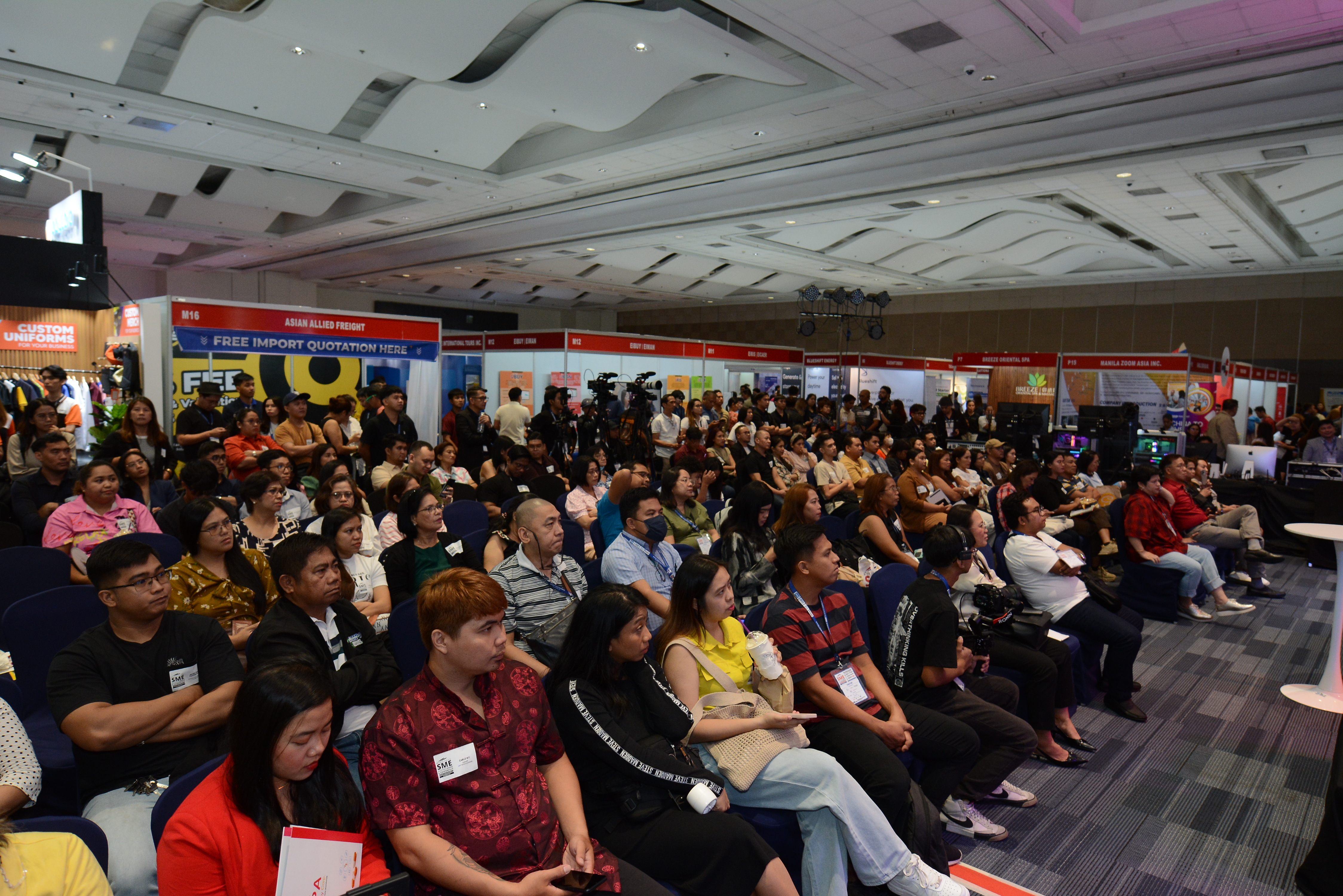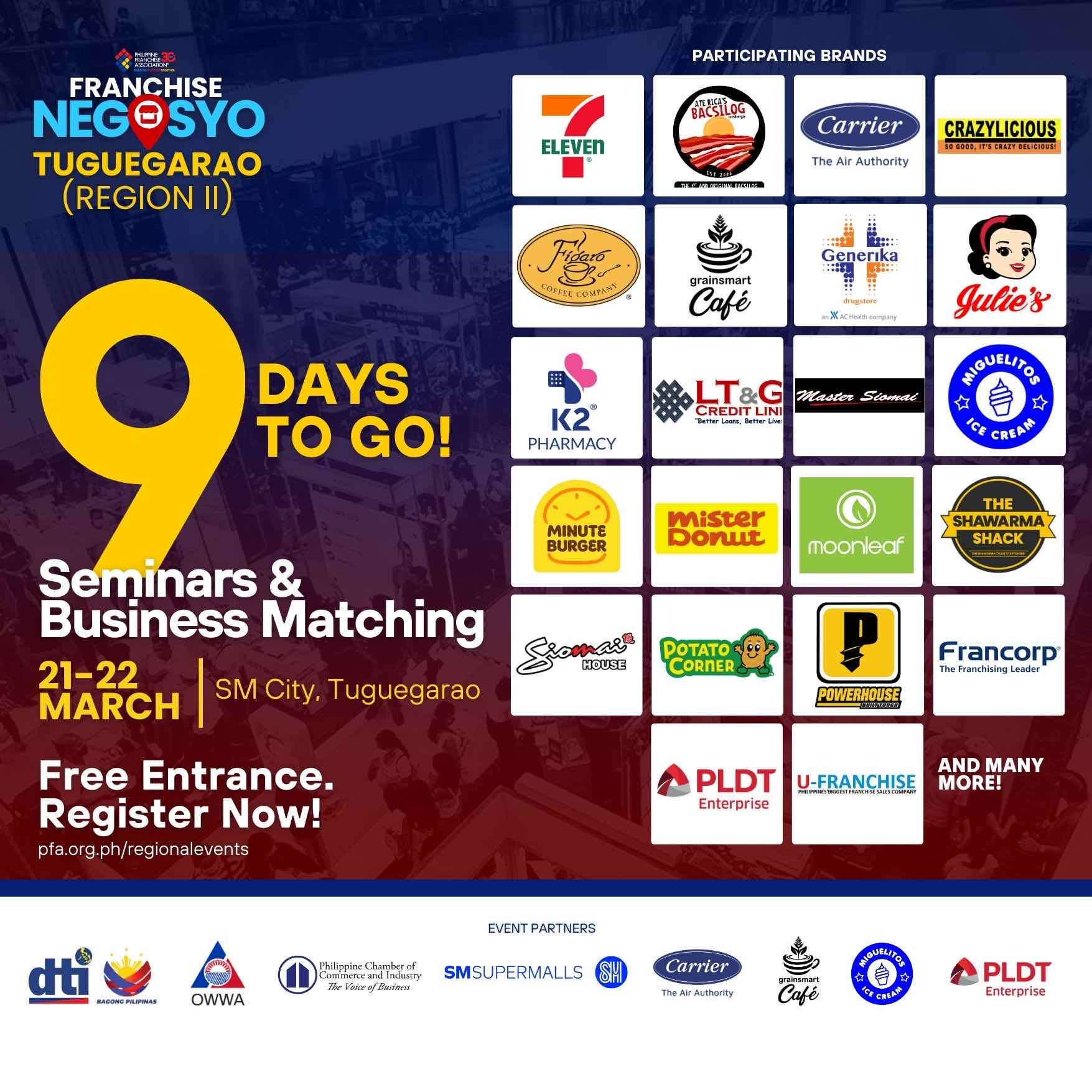“Thank you for the call yesterday. Your advice to convene the family council and Board to discuss the crisis is very timely. I will raise the urgent matters to my family as soon as possible. Thank you for reminding me that an aggressive strategy, people policies, financial management, and an austerity plan should be the top agenda for discussion. I must admit that I have been too preoccupied with the operational aspect for the past 2 months. Moving forward, the board we activated last year will be the right venue for my children to thoroughly discuss the impact of the crisis. At least I don’t have to carry the burden entirely…”
That was part of the email I received from a founder of a family-owned enterprise earlier this week. We talked lengthily on the next steps. I asserted that having a formal meeting e.g. family council or board meeting is a must. His business is diversified (manufacturing, trading, construction) and has offices in four countries in the ASEAN region. Annual turnover is USD $750 million with an employee base of 8,000. The enterprise is not yet publicly listed but we already introduced corporate governance and nominated two independent directors more than a year ago. This crisis is a test case for the family as they are transitioning from a family-run to a family-led enterprise.
The threat is real
As the world economy grounds to a complete halt, a looming recession is at our doorstep and deaths and infections continue to surge everywhere, it is time for corporate boards to assess the impact of an agonizing and long fight to mitigate the hit rate on the family and the business. Looking beyond this lockdown, we recognize that the losses will be staggering. We also acknowledge that this prolonged fight to mitigate the crisis is wrought with uncertainty. Yes, we can see the tip of the iceberg but we do not know how deep. It is therefore important to have a functional board to confront this enormous problem. Firstly, the role of a board is to anticipate how this crisis will affect the business, its time-tested business model, its cash flow and its various stakeholders (employees, customers, creditors, suppliers) and then collectively agree on how the enterprise intends to deal with these pressing issues. Boards must acknowledge that the severity of this crisis could last for months so any plans to deal with the crisis must also be flexible. In short, nobody can tell us how long this crisis will last.
What kind of Board do you have?
So how do we classify boards? In my more than a decade of governance work in Asia, I have identified boards and named them either as inactive, reactive or authentic boards. Many boards belonging to the HNW and UHNW (high net worth, ultrahigh net worth) category across Asia have different dynamics and responses to the pandemic.
Inactive Board
For most enterprises with inactive boards, it’s business as usual even if practically all businesses have stopped. The decision-making model of managing the crisis under this setup is dangerous as it is a hit and miss type. All decisions are left to the CEO, usually the founder or next-generation leader. Having a superman as the sole decision-maker is not a good idea in an unprecedented, unfamiliar crisis situation. Why? Decisions are likely clouded with emotion and panic. In major crisis situations, it is really difficult for an organization to have scale and reach a new level if they are solely dependent on one person making the decision.
To be continued…






